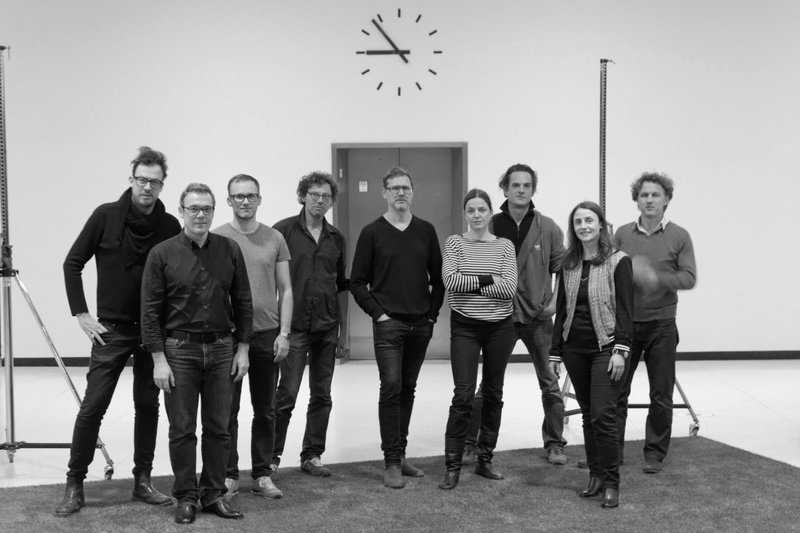Raumlabor
More Info
Formed in response to the rapid and unrestrained development of Berlin after the fall of the Berlin Wall, Raumlabor—whose name translates to “space laboratory”—sees the role of an architect as that of a negotiator who highlights social problems rather than solving them. This collective of nine practitioners works at the intersection of architecture, city planning, public art, and intervention, often proposing playful, temporary or speculative “urban prototypes” aimed at transforming the built landscape. Examples have included pneumatic structures, submarines made of waste materials, and a mountain built from the rubble produced by uncovering a buried canal. Members often respond to sites that are abandoned, leftover, or in transition; their approach is used to both critique and influence official city planning processes. The group’s recent honors include the Global Award for Sustainable Architecture, the Curry Stone Design Prize, and the Core77 Design Award.
Established 1999, Berlin, Germany
Established 1999, Berlin, Germany
Biennial Project
Open Raumlabor University (Chicago), 2014–ongoingCommissioned by the 2019 Chicago Architecture Biennial
Raumlabor is a collective of architects who see themselves as spatial practitioners, negotiating and highlighting social issues and working with experts and communities at the intersection of architecture, city planning, public art, and urban intervention. Open Raumlabor University is a fictional institution, launched in 2014, framing the diverse learnings that have emerged from Raumlabor’s projects. It takes the format of a wandering or mobile workshop, inviting participants to form a temporary collective, talk to actors in the field, and explore how we can coproduce the city better. The workshops are built around learning, dialogue, and collaboration, and are intended to foster lasting relationships that bridge academic and disciplinary boundaries. Open Raumlabor University’s previous mobile workshop sin Italy, Germany, and Turkey consisted of various group activities, from guided walks to on-site readings, travel journals, movements, and spontaneous activations.
Making Futures-Chicago Mobile Workshop: Care-responsive Architectures application form.